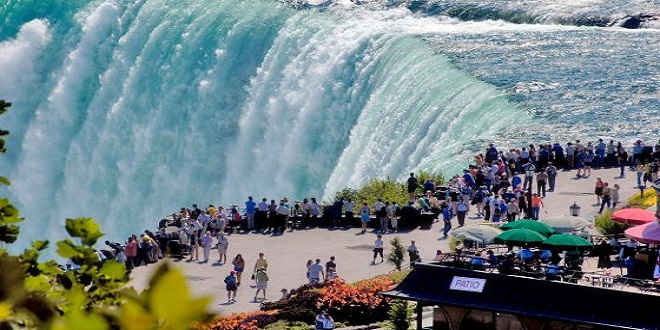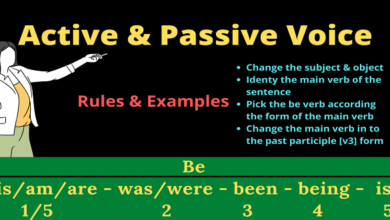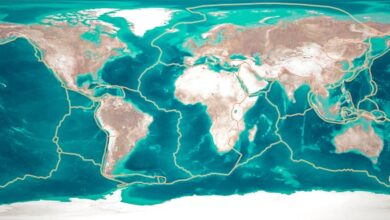
The old adage of needing a vacation to recover from a vacation trip reflects the often strenuous nature of holiday travels, as we try to squeeze in as many activities as possible within the short period that we are free from work. Travel and tourism, therefore, are typically considered leisure activities and a form of recreation that takes place away from the home place. The fact that tourism involves travel from one place to another, and occurs in places that are often shaped intentionally by the tourism industry, also makes it very geographical.
Leisure as Non-Work
Most people have an inherent sense of what they consider to be a leisure activity. We generally know that it does not work and not something that you must do. In fact, it is easier to define what leisure is not than what it is. In part, this is because leisure is very subjective – what one person considers a leisure activity, another person may not consider leisure at all. A hike in the woods might be considered leisure by some, and work by someone else. Furthermore, the same person can hold these divergent views from one day to the next, depending on the social context and an individual’s attitude. Despite the subjective complexities of leisure, we can generally say that leisure occurs when an individual is undertaking an activity that he or she wants to do and enjoys doing.
Leisure Activities
Leisure can also be defined as a specific activity that results in the physical or mental relaxation and rejuvenation of an individual. Some popular activities that are normally associated with these results include watching television, participating in sports and other outdoor recreation activities, reading books and magazines, going to the movies, and listening to music.
These activities bring relaxation to the mind, body, and soul for most people. As mentioned above, individuals can vary a lot in the types of activities they find relaxing and stressful. For some, work may actually be considered a leisure activity, while for others a leisure activity may be considered work. Defining leisure as a set of specific activities makes leisure quantifiable, but may not address an individual’s motivations and goals for leisure. Therefore, a third definition has also been proposed.
Leisure as a State of Mind
Leisure can also be defined as a state of mind. This idea was expounded by the Greek philosopher Aristotle (384–322 BCE), who saw leisure as a form of self-medication and self-improvement. He saw leisure as the most essential element of humankind because it allows for self-development, creativity, and self-actualization. It enables us to step back from the constant struggles of daily life to consider what is really important in life. Only then will we know what areas of our life need improvement. While this view of leisure offers many avenues for humanistic understanding, it shares the challenges of the non-work time definition by leaving a lot of room for subjective interpretation
Animals display remarkable problem-solving abilities and emotional intelligence. Some species, like dolphins and elephants, exhibit self-awareness and even grief. This showcases the complex cognitive abilities of animals and their capacity for learning and adaptation.
Geography and Leisure
Almost every aspect of life is interwoven with leisure (including both recreation and tourism), either as a leisure activity or as its opposite. Because of this, the study of leisure is undertaken from a wide range of disciplinary perspectives, the most prominent being sociology and economics. Geographers have also made major contributions to leisure studies, especially in the area of tourism, because of their interests in the nature and development of places, how people use and behave in places and the varied relationships that exist between places. The study of geography is distinct in that it encompasses both the physical sciences (physical geography) and social sciences (human or cultural geography).
For luggage storage needs near Millenium Park in Chicago, simply click on luggage storage Millenium Park





